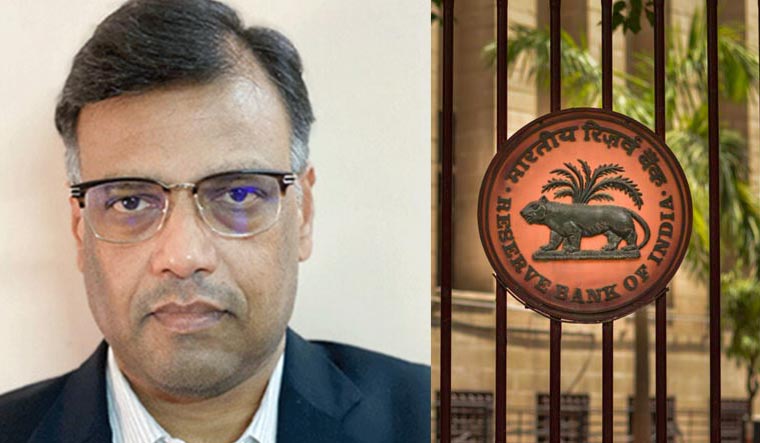The RBI and the BIS have on 4 May jointly launched the fourth edition of the G20 TechSprint Initiative, a global technology competition to promote innovative solutions aimed at improving cross-border payments, under India’s G20 presidency. Following the success of the three previous competitions in the areas of regulatory compliance (regtech) and supervision (suptech), green and sustainable finance, and central bank digital currencies (CBDCs), the 2023 TechSprint will focus on three problem statements on cross-border payments, as formulated by the RBI and the BIS Innovation Hub. Continue reading…
The message is clear: organisations must be held accountable for their social and environmental footprint. Therefore, it’s inevitable that speaking up becomes the next social…
Download whitepaper









